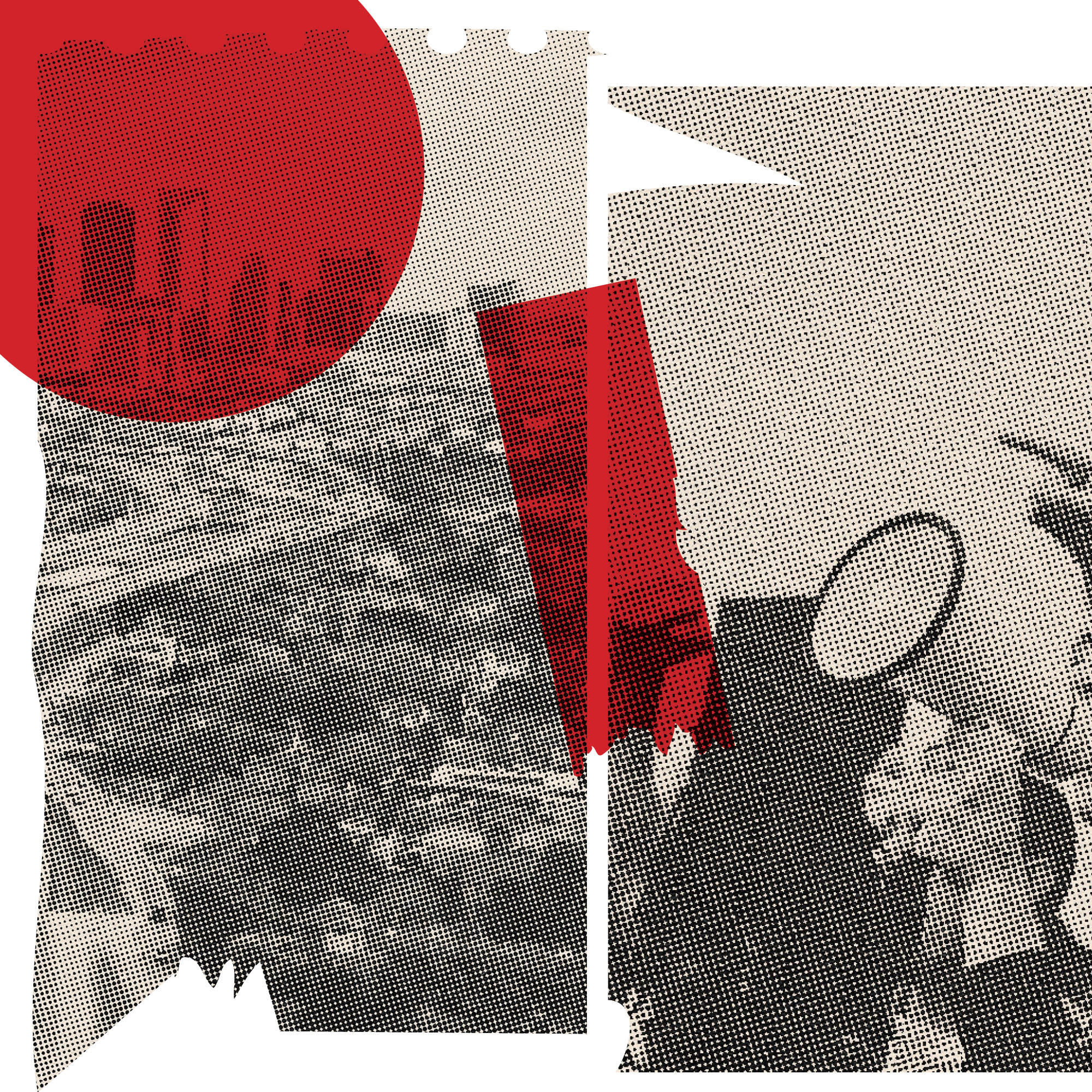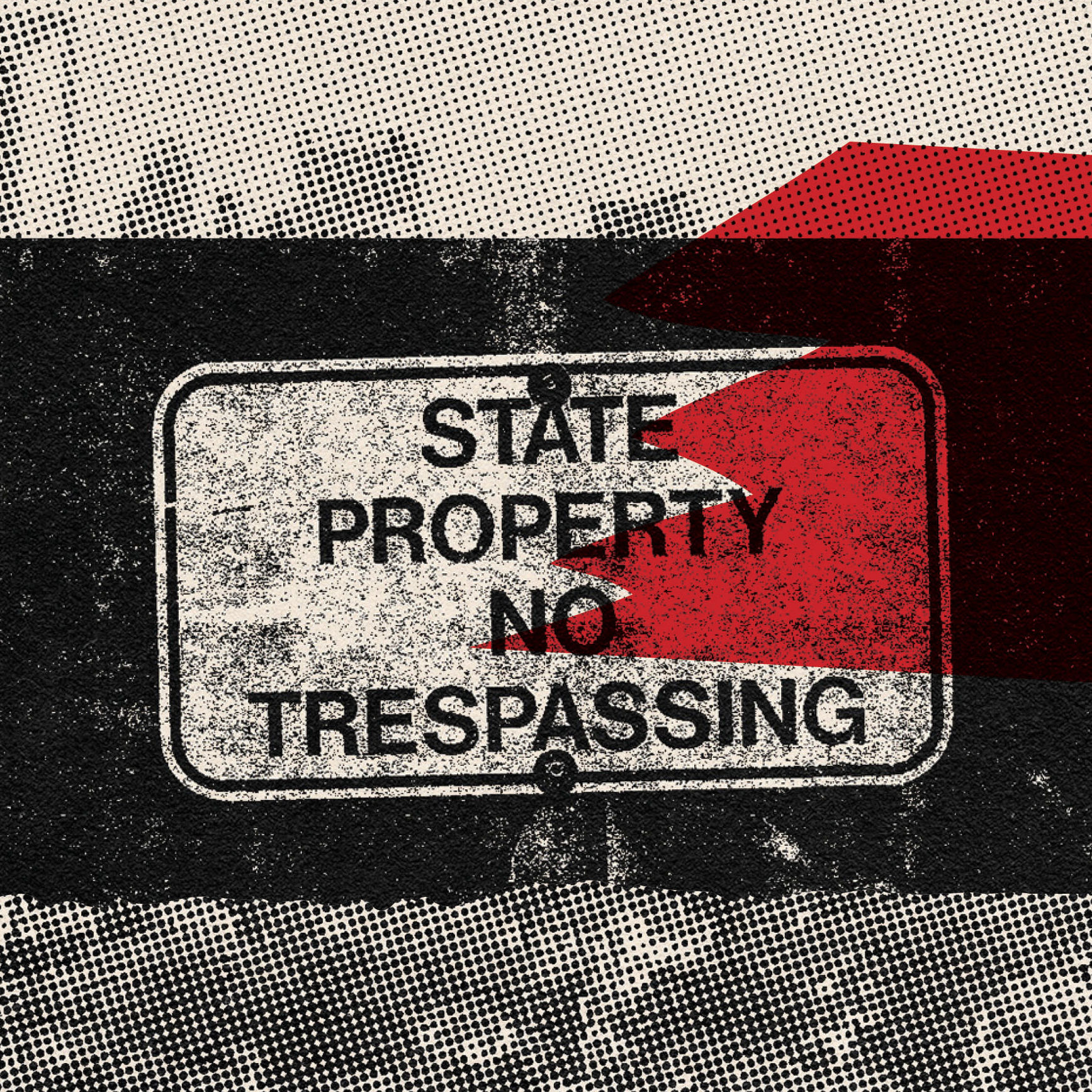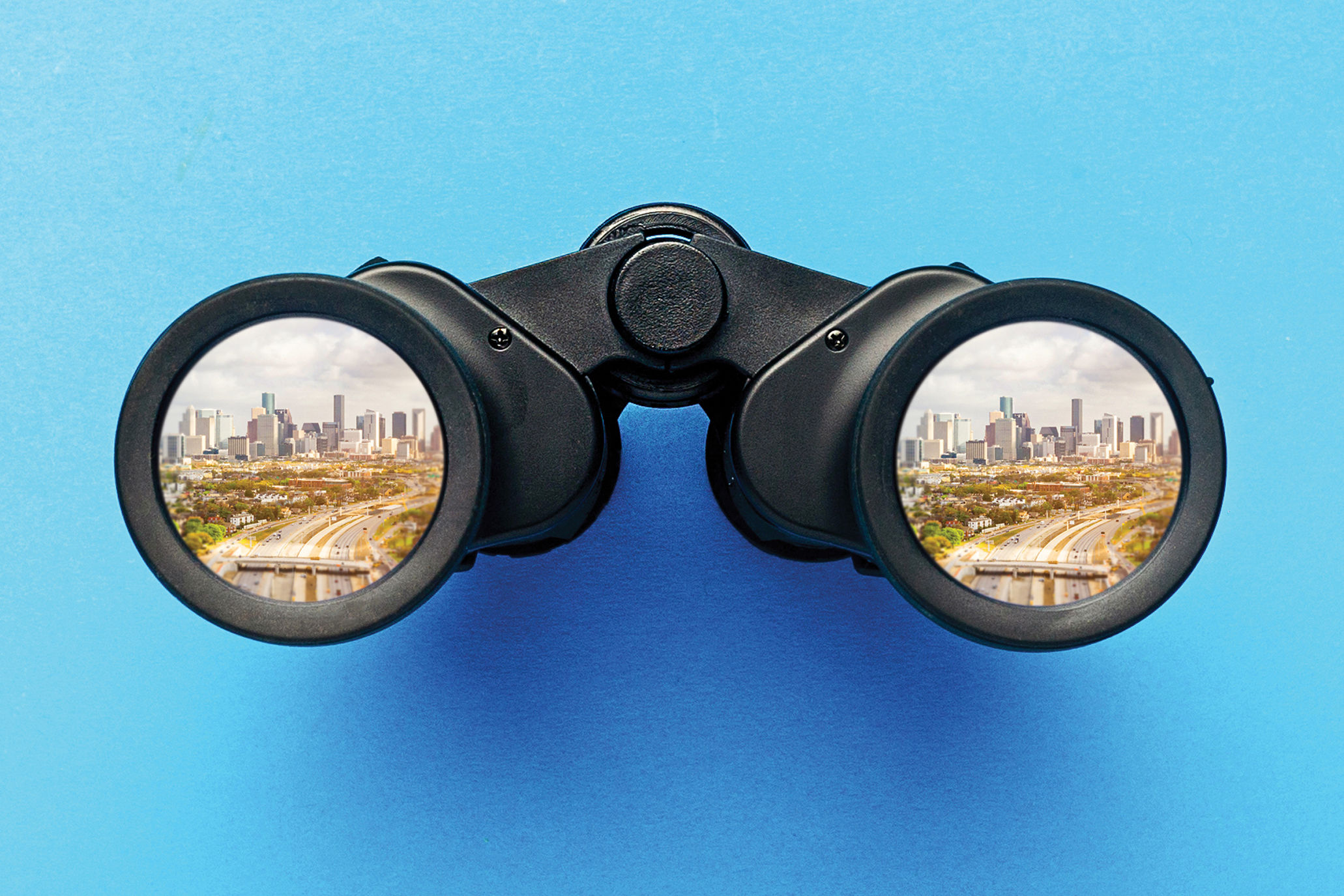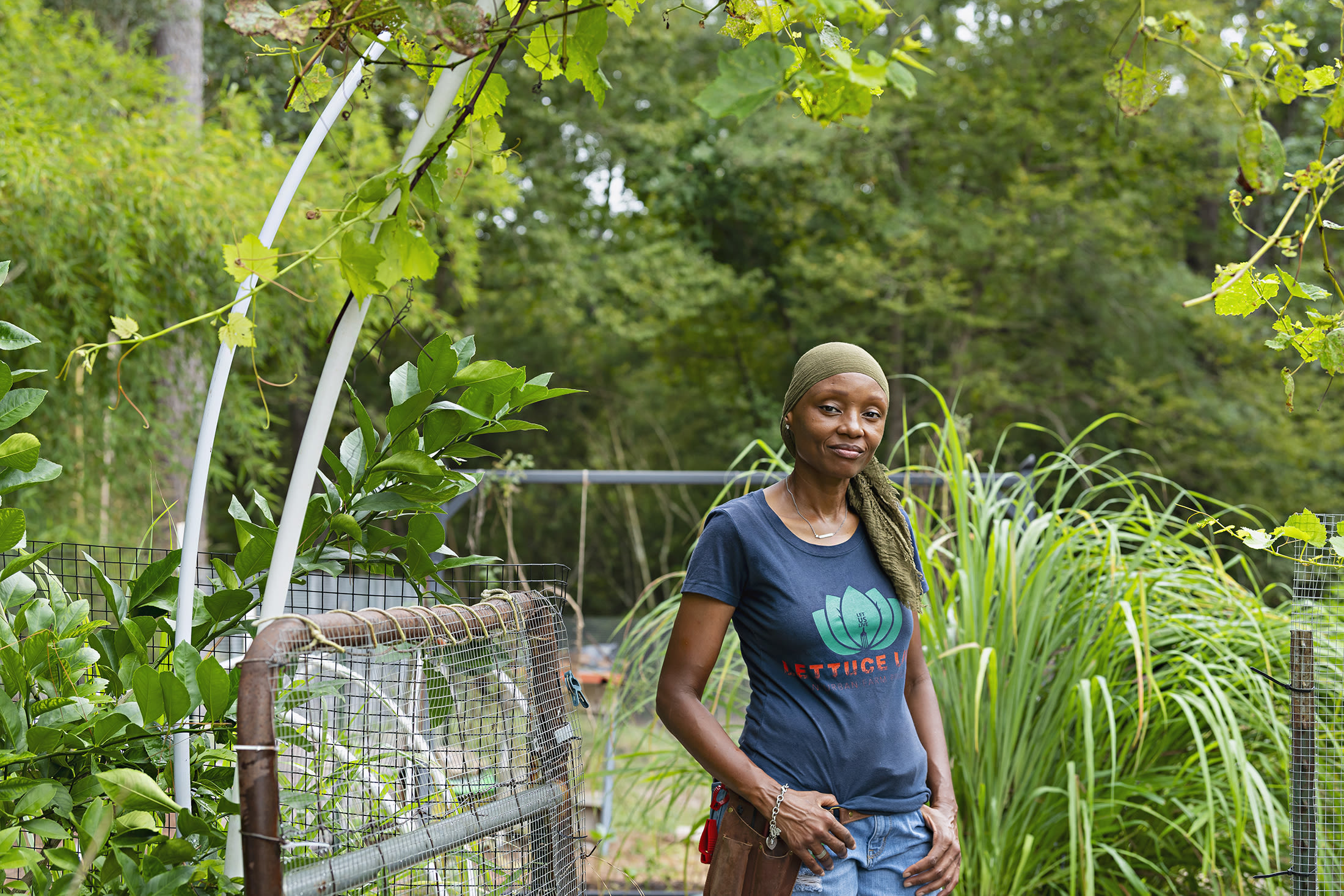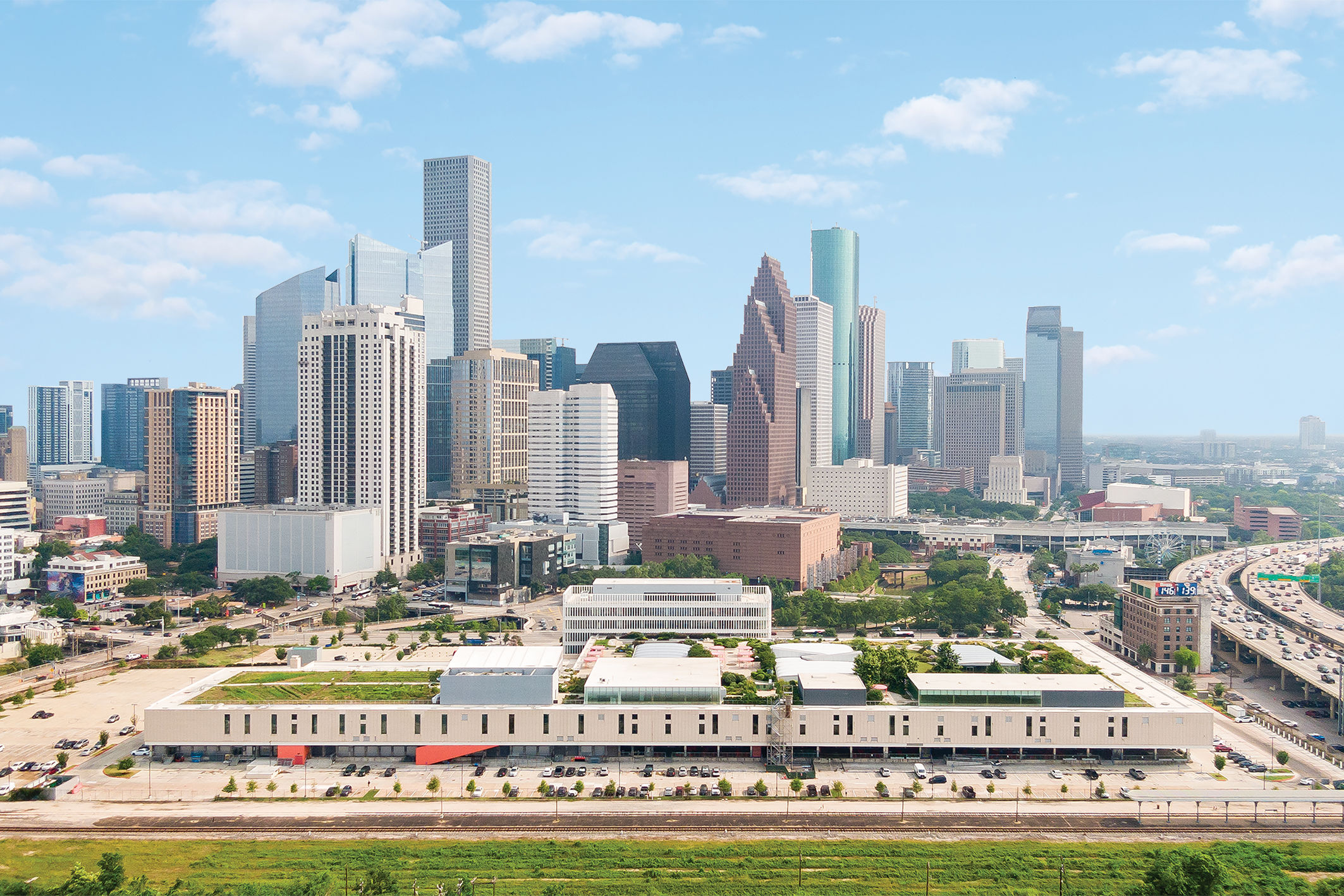What to Do When Development Comes to Your Houston Neighborhood

Image: Houstonia Composite and Rawpixel.com/shutterstock.com
Nowhere is disruptive development more evident than in Third Ward, a portion of which was annexed by the Museum District for its creation in the ’80s. The new Ion District in nearby Midtown has been met with heavy resistance. At the forefront of the battle against gentrification is Deloyd T. Parker Jr., founder of the SHAPE Community Center—which stands for Self-Help for African People through Education. For 55 years, Parker and his team have been advocating for residents, helping them retain their homes and preserve the neighborhood’s heritage. Parker shares his hard-earned wisdom on navigating the often-fraught landscape of rapid development, and what it takes to ensure it benefits everyone.
In what ways does the SHAPE Community Center help the community fight development?
We encourage people not to move out. Hold on. Don’t let go of property that you have in the community. We have workshops on how you can develop opportunities that help you maintain your home, but the biggest issue is education. We educate people in the area on how, what, and when they can do what they need to do to hold on to what they’ve got.
What are the first steps people can take when they hear of potential developments in their neighborhood?
What you need to do is get involved, if you’re not already, in every aspect of your community. If we see something happening in our community that adversely impacts our lives, we need to be at our city council meetings to let the politicians—those who are supposed to represent us, our council members—know.
What avenues can residents take to voice their concerns or influence project outcomes?
The people who contributed to what is not in our best interest need to know how we feel. We do that through press conferences, organizational meetings, letting our council members know, and letting the mayor know. You also have community development corporations. I’m also an activist, and in our time we have to go to the streets. Protest and demonstrate. If you don’t say anything, you will be taken for granted.
What are some tactics people can use to negotiate with developers and ensure the project aligns with community needs?
In the early stages of development, we can meet with them and work with them. You have to demand a seat at the table. You have to let them know about the different institutions, organizations, and groups in the community that are in close proximity or even part of that project.
If you let the developments know and they still don’t want to work with the community, what do you do then?
I haven’t taken a vacation from going to the streets yet. Protests and demonstrations are always on the table. Sometimes that’s a necessary action before you get to the last resort. When I say protests, I mean demonstrate. There are different ways you can protest. You can do it in the streets and you can do it through other means like through petitions.
